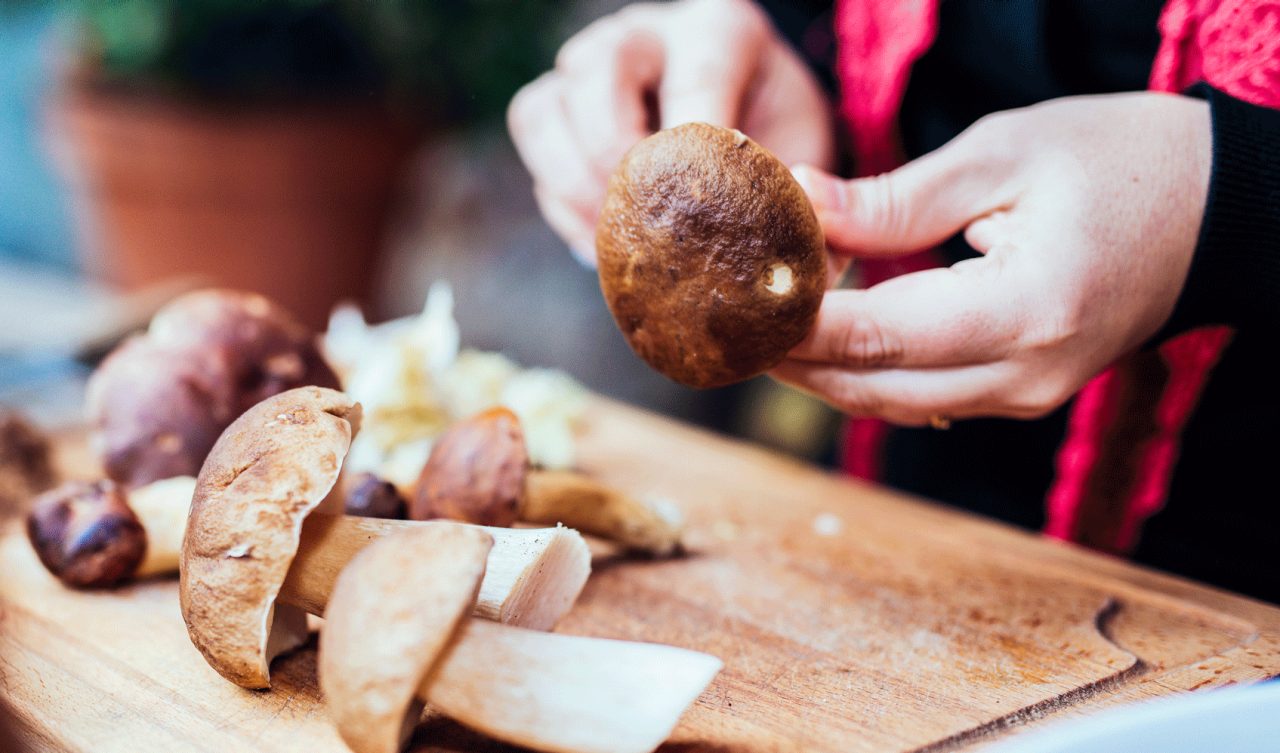How Mushrooms May Fight Depression

Researchers are zeroing in on how mushrooms may fight depression. But you'll want to avoid home-grown button mushrooms. They contain mind-altering psilocybin.
Psilocybin, the ingredient in certain mushrooms that triggers hallucinations, became a restricted Schedule 1 drug in 1970. The official position was that it had no medical purpose and carried a big risk of abuse.
But science suggests that both ideas are wrong.
YOU MIGHT ALSO LIKE: Physical Symptoms of Depression
Psilocybin was isolated as part of a search for a faster-acting alternative to the hallucinogen Lysergic Acid Diethylamide, or LSD, which was developed as a psychiatric drug. An LSD trip lasts from eight to 12 hours, a magic mushroom trip half that long.
Many species of mushrooms contain psilocybin. Archeologists have seen evidence of ceremonial mushroom use among the Mayans and Aztecs, and in those areas the conquering Spanish later forbade its use.
During a trip, colors are brighter and your sense of time changes. You might laugh a lot or become philosophical. You might imagine that you can see sounds.
You could also become nauseated, dizzy, paranoid, or fly into a panic. People do not die from overdoses, although they could die from actions they take while under the influence.
Research from the 1950s through 1970 suggested that hallucinogens could relieve psychiatric problems. The 1970 decision cut short much of that research. Besides, LSD and psilocybin, psychiatric treatment candidate drugs included ketamine, MDMA, and ibogaine.
In the past decade, a studies have made the case that psilocybin may help lift the worst cases of treatment-resistant depression.
Scientists don’t know precisely how mushrooms may fight depression, but that is true for other antidepressants. And there is a big need for new options, since large numbers of depressed people don’t get relief from the usual medications.
Like ketamine, a mild hallucinogen that has helped depressed people, psilocybin may provide a kind of reboot to the brain. It stimulates a receptor for one form of serotonin, as do standard anti-depressants. Psilocybin, however, may be effective in a single dose.
At Johns Hopkins in Baltimore, researchers have reported good results with patients facing terminal cancers, who often become highly anxious and depressed. A Johns Hopkins team hopes that psilocybin will become a Schedule IV drug, the category that includes sleeping pills.
Psilocybin is not especially addictive. In experiments that give rats psilocybin when they push a lever, they don’t keep pushing as adamantly as they do for cocaine, alcohol, or heroin. Many people who have taken mushrooms recreationally also say that they only do it a few times.
Updated:
July 14, 2023
Reviewed By:
Janet O’Dell, RN